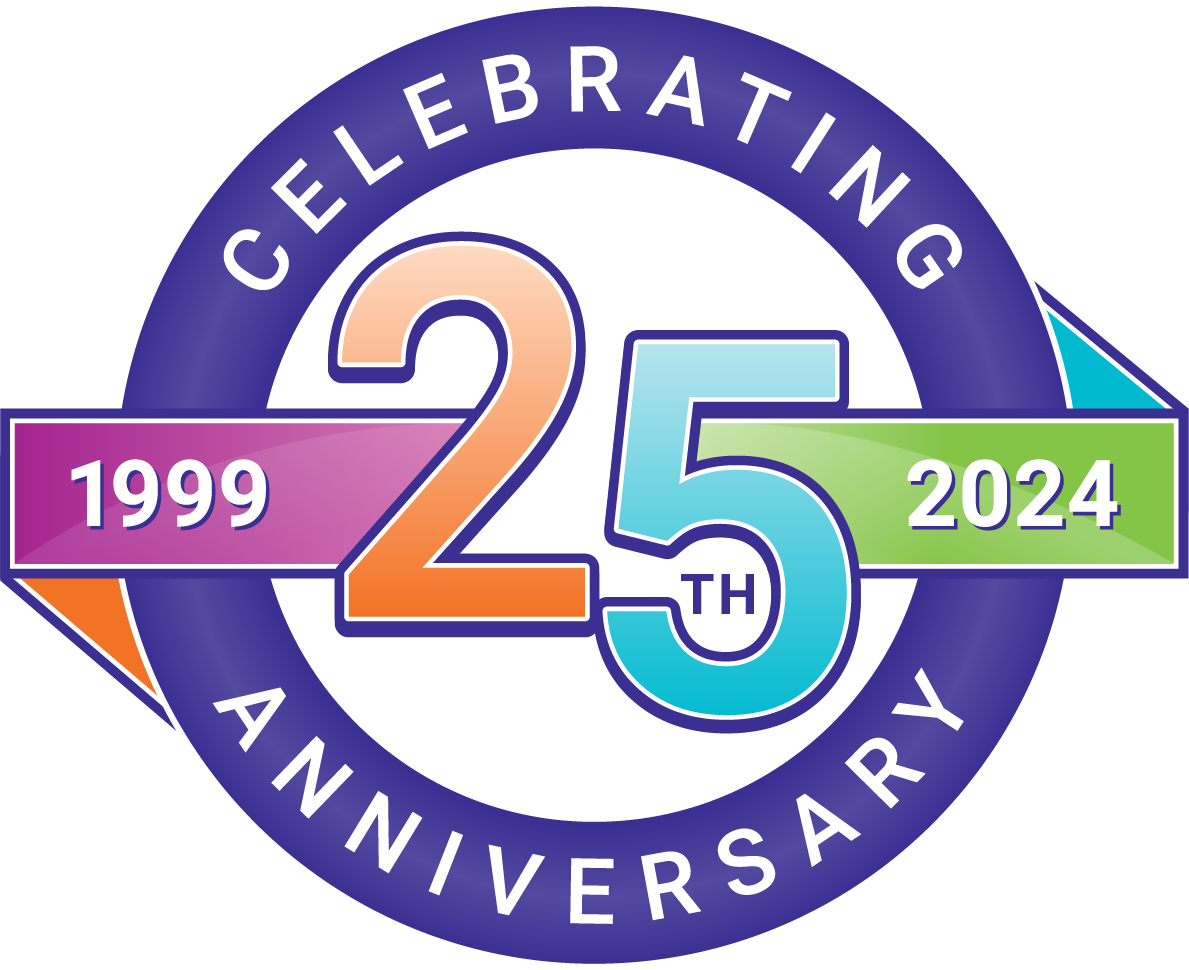Database
Libraries give you access to databases full of quality information from magazines, newspapers, and eBooks. Oregon students have free access to many databases. Locate them on the Find Information page in OSLIS. Ask your teacher or librarian for the login. Knowing how to use databases will save you time and ensure you quickly find the best information.
To learn more, watch the Using a Library Database tutorial about what's included in a database and how to search it. You will also learn about the difference between databases and the Internet and when to best use each one. Then read the information below.
Searching in a Database
There are several ways to locate information within a database. Sometimes users can also browse by topic. All databases have a search box and an advanced search option.
Learn about these search strategies:
- Choosing keywords -- determining which terms to use in a search
- Boolean operators -- using AND, OR, and NOT to narrow or broaden a search
- Phrase searching & truncation -- searching words as an exact phrase and finding all forms of a word
Search Results
Once you do a search in a database, you will get a list of search results. Often the results are grouped into format types like reference books, magazines, and videos. Do not expect to find everything you need by doing one search. You may need to revise your search.
- Results not relevant? Try different keywords.
- Too many hits? Try keywords that are more specific, or add an additional search term.
- Not enough hits? Try keywords that are more general, or remove a search term from your search string.
Tools in a Database
Once you find an article in a database, you usually have many options for how to get back to it. You can save it to a temporary folder in the database, email it to yourself, download it to your computer, or print the article. Another common tool is the bookmark, or a URL that you can copy and use to get back to that article later. Often you can listen to the article and even translate it into another language.
Tip: Companies that create databases also create tutorials and tip sheets or guides. Look for those in the help section of the database.
Next => Now that you have learned about finding information in a library database -- and about choosing keywords, Boolean operators, phrase searching, and truncation, let's go back to the Finding Sources page to pick up where you left off.
| Educator Content There is currently no educator content for this page. |
|
Do you want to share this page with students, but you don't want students to see the Educator Content section? Share this link instead of the URL at the top of the page: |
